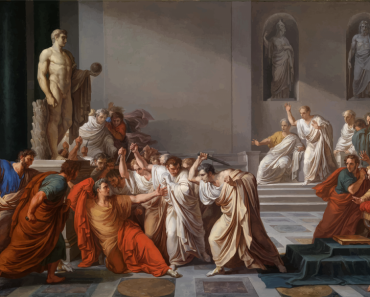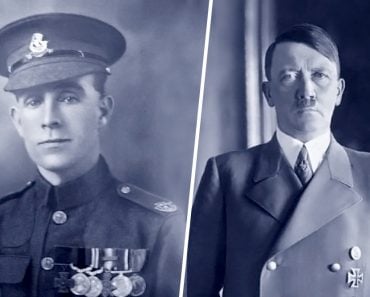Table of Contents (click to expand)
There is no way of knowing if Pepin was actually short; it could be conjecture, a misinterpretation, or a mistranslation.
Before I start, the man in question has the name Pepin the Short… but also Peppin the Younger or Pippin III (depending on how you want to spell it), or Pépin le Bref (if you like him better in French). They’re all valid spellings and epithets.
Now, on to the more pertinent question…
Recommended Video for you:
Who Was Pepin?
Pepin III was a Frankish king and the first Carolingian to sit on the throne. Oddly, the term Carolingian, used to describe the lineage of kings he belonged to, is derived from his son, Charlemagne. That worked great for Charlemagne, but it must be terrible for Pepin to be the first one to do it and still not derive an important branch of kings from your name.
Pepin usurped the throne from the Merovingians, who were considered to be the first race of kings of the Franks, a Germanic tribe spread across France, Germany and Belgium. The reason this tribe stood out is because in the aftermath of the collapse of the Western Roman Empire in the 4th century CE, this tribe created one of the strongest Christian kingdoms of medieval Europe.
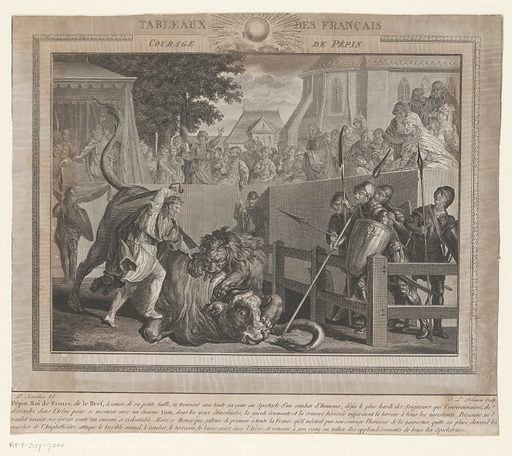
Was He Really That Short?
Truthfully, it is impossible to know how tall Pepin was, but it’s unlikely that he was short enough for people to remember him for it. Those of you who know that Napoleon was unwisely called short, hold your horses, as the situation here is not the same. Pepin is called short simply because of misattributed honorifics.
Back in the day, when Latin ruled the figurative roost, people used all sorts of fancy Latin terms as epithets, monikers and nicknames. Pepin’s happened to be “Pippinus” or “Pippinidus.” Pepin’s suffixed nickname “the Short” may have been a misinterpretation of “Pippinus,” which means “little Pippin” or “young Pippin”.
Perhaps that understanding was lost on the first translators, and before long, the use of ‘the Short’ became too common and popular to be corrected. This would be like someone stumbling across my texts in two hundred years and literally interpreting the ones where I call my friends ‘queen’ or ‘boss’.
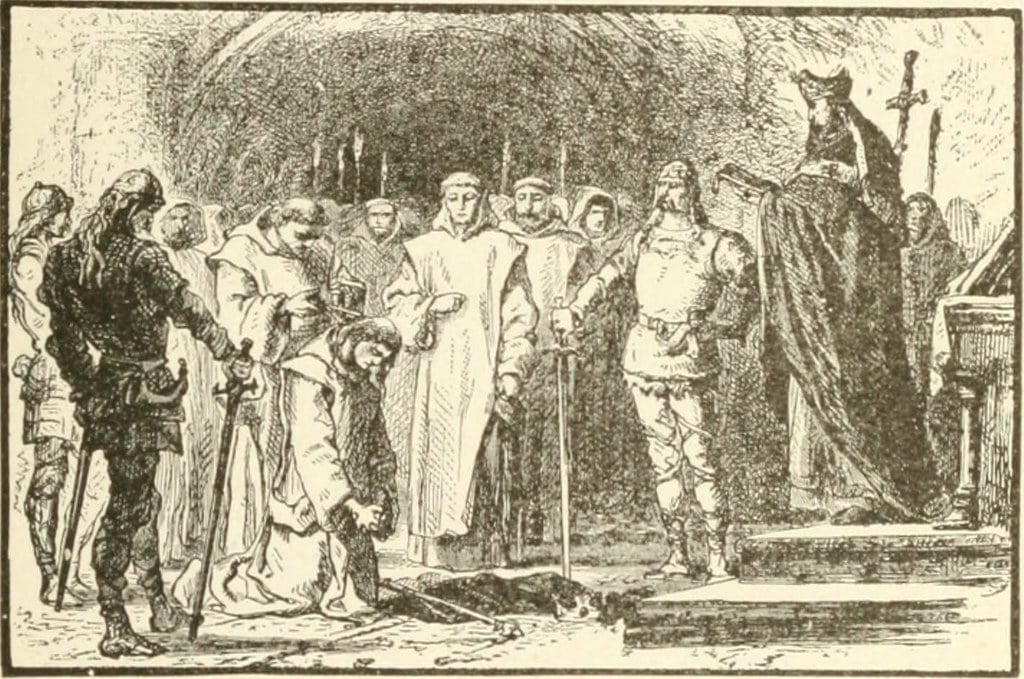
Another theory, which further highlights the problem with most historical inquiry, is that we don’t really have many primary sources that describe the life of Pepin. One comes close, though it was written after the time of Pepin and is therefore skeptically perceived; Einhard’s Vita Karoli Magni or the Life of Charlemagne mentions him being short in stature, but great in wisdom. Only a few centuries after his time, we have commentaries on Pepin’s reign that use the epithet to distinguish him from the other men in his family, who are also conveniently named Pepin.
Basically, the source of this epithet isn’t very reliable; it is only due to the fact that this epithet started being used that it exists.
Does This Point To A Larger Issue Of Historical Reconstruction?
When there are no primary sources available that can help reconstruct the past and the people in it, historians must resort to a variety of methods to understand and interpret the lives of historical figures, as well as the events surrounding them. Historians over the generations build such narratives, relying on secondary sources, which are works on the subject written by other historians based on their own research.
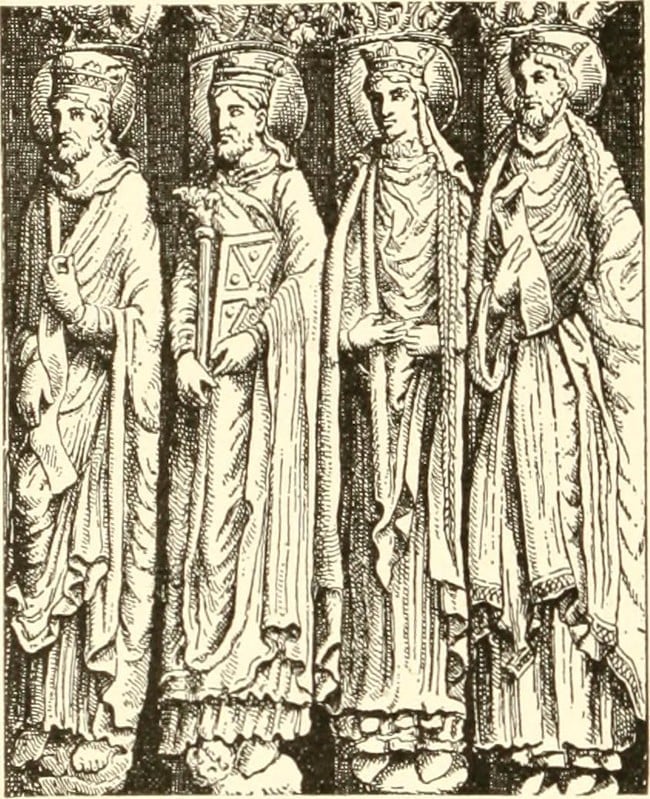
Now, imagine one historian through their research concluding that Pepin was in fact short, given that most historical records did not have proper citations and bibliographies like we do, and that references made to earlier works did not mean much if those works did not survive (or couldn’t be interpreted or translated). Thus, historians relying on the work of this one person could reinforce a ‘fact’ that may or may not be true.
I doubt that Pepin’s height would leave much of a dent in the historical record, but when such instances are observed around sensitive subjects and historical events that impact the present circumstances of people, it can lead to the manipulation of the past, or a mere misunderstanding of it, with tangible consequences.
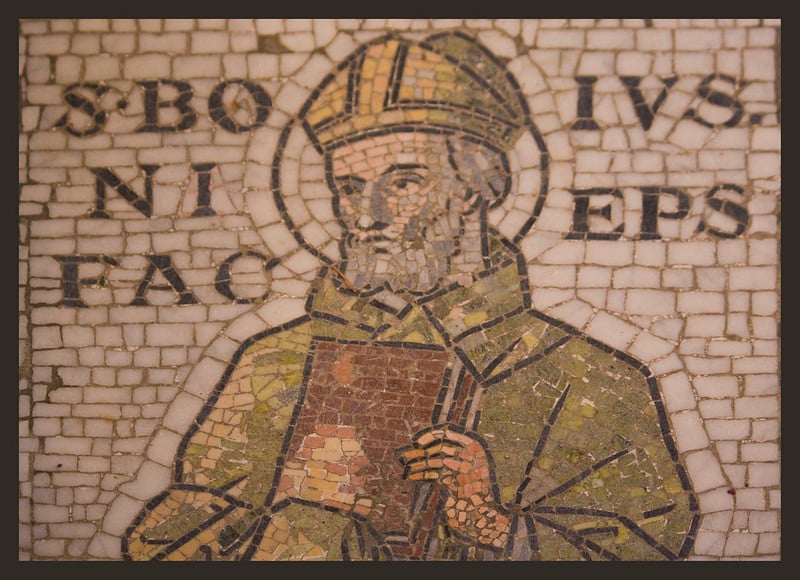
Conclusion
The fact remains that Pepin’s shortness somewhat overshadowed his other achievements; he was best buds with Saint Boniface and the Pope formally prohibited anyone who wasn’t related to him from becoming king of the Franks. He was quite literally the reason the Papal States—the state of the Catholic Church—came into existence (it’s called the Donation of Pepin).
His shortness also serves as a reminder to those of us who take history seriously; we can only draw definitive conclusions after thorough research and inquiry that delves into not just text, but also context. In other words, always check your sources!
References (click to expand)
- de Jong, M. (2015). The Empire that was always Decaying: The Carolingians (800-888). Medieval Worlds. Osterreichische Akademie der Wissenschaften.
- THE LIBRARY OF IBERIAN RESOURCES ONLINE - libro.uca.edu
- H White. (1973) Interpretation in History - JSTOR. JSTOR
- Carroll, N., & The Hegeler Institute. (1990). Interpretation, History and Narrative. (S. J. B. Sugden, Ed.), Monist. Oxford University Press (OUP).



